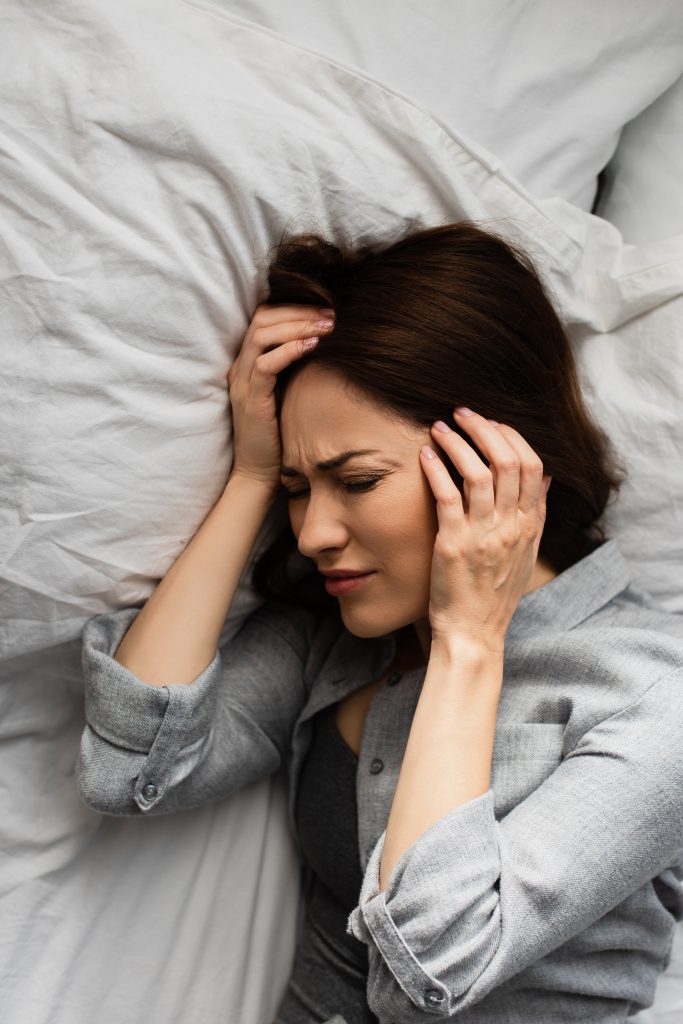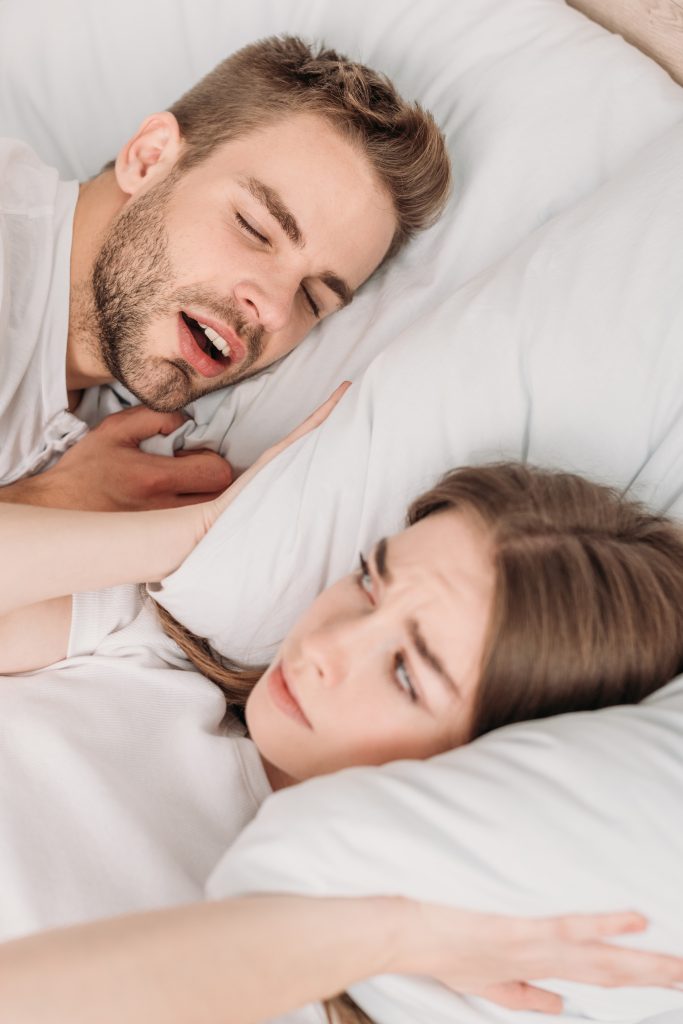
At Nurocoach, we understand that sleep disorders can be a distressing and life-disrupting experience. Our mission is to provide compassionate, expert care that empowers you to regain restful sleep and improve your quality of life. Whether you're dealing with insomnia, sleep apnea, or any other sleep-related issues, our team of dedicated professionals is here to support you.
We provide personalized treatment plans tailored to your unique needs, offering both in-person services in Sugar Land and Brazos, Texas, as well as comprehensive telehealth options in 25 states. Explore our resources, connect with our specialists, and take the first step towards a more restful, rejuvenated you. Your sleep health is our priority, and together, we'll navigate the path to a better, more peaceful night's sleep.


Sleep disorders are conditions that disrupt your normal sleep patterns, leading to distress and impairment in daily functioning. They can affect your ability to fall asleep, stay asleep, or achieve restful and restorative sleep.
These sleep disorders can significantly impact mental health, exacerbating conditions such as anxiety, depression, and mood disorders. Chronic sleep deprivation hinders the brain's ability to regulate emotions, think clearly, and manage stress, creating a vicious cycle where mental health issues and sleep disorders perpetuate each other. Addressing sleep disorders often requires a comprehensive approach, including lifestyle changes, behavioral therapies, and medical treatments.

At Nurocoach, we recognize the uniqueness of each person's experience with sleep disorders and offer tailored treatment plans designed to meet individual needs. Our comprehensive assessments identify specific symptoms and triggers, which allows us to develop highly personalized approaches. These approaches include evidence-based therapies such as Cognitive Behavioral Therapy for Insomnia (CBT-I) and Acceptance and Commitment Therapy (ACT), alongside medication management and lifestyle guidance.
Our assessments are thorough, examining various aspects of your life and health to ensure that no potential factor is overlooked. By understanding the nuances of your sleep disorder, we can better address it from multiple angles. Our goal is to equip you with the tools and coping mechanisms necessary to manage your sleep disorder effectively and improve your overall well-being, enabling you to lead a more restful and rejuvenated life.





At Nurocoach, we believe in offering flexible and accessible care options to accommodate your lifestyle and preferences. Whether you feel more comfortable receiving treatment from the privacy of your own home or prefer an in-person consultation, we have you covered.
For those who value face-to-face interactions and live near our physical locations in Sugar Land or Brazos, Texas, we provide in-person consultations. Our offices are designed to be welcoming and conducive to your comfort, ensuring that you feel at ease from the moment you walk in.
Regardless of the format, our commitment to delivering high-quality, personalized care remains unwavering. Schedule your appointment today to take the next step in your mental health journey with Nurocoach.

At Nurocoach, the foundation of our telehealth approach is built on accessibility, convenience, and personalized care. We leverage cutting-edge technology to deliver high-quality mental health services to patients regardless of their location. Our secure telehealth platform ensures your privacy and confidentiality, providing a safe space for you to discuss your concerns.
We recognize that each patient is unique, which is why our telehealth services are tailored to meet your specific needs. Through thorough initial assessments and continuous follow-ups, our mental health professionals develop and adjust treatment plans that best support your journey towards well-being.
Convenience is a pivotal aspect of our telehealth services. By eliminating the need for travel, we make it easier for you to integrate therapy into your routine. Our telehealth services offer significant benefits for individuals with busy schedules, mobility limitations, or those living in rural or underserved areas.
Embrace the future of mental health care with our innovative telehealth solutions, designed to bring expert support right to your fingertips.


At Nurocoach, we are committed to making mental health care accessible to everyone. We proudly accept 45 different insurance plans, including Medicare, to ensure that more individuals can receive the support they need. Our aim is to remove financial barriers to mental health treatment and provide high-quality care to all members of our community.
Please reach out to us to verify your specific insurance coverage and discuss the available payment options. Your mental health is our priority, and we strive to make the process of receiving care as seamless and stress-free as possible.
AARP/UHC/UHC Plan/UMR/wausau/All Savers
Aetna Commercial
Aetna Medicare
Allied Benefit Systems
Amerigroup Star Plus
BCBS Medicare Advantage
Blue Cross Blue Shield
Cigna Behavioral Health
Cigna HealthSpring
Community Health Choice – Marketplace Community Health Choice – Medicaid First Health
Friday Health Plans
Humana
Medicare
Molina Healthcare of Texas
MultiPlan
Oscar Health Insurance
Health First
Superior Health Plan
Texas Medicaid
Tricare East
Wellcare TexanPlus
WellMed Claims
Beacon Health Options
KelseyCare Advantage
Baylor Scott & White Care Plans Memorial Hermann Health Plan, Inc. Christus Health Plan
GEHA
Optum
Optum Medicare
Railroad Medicare
Aetna: Boon Chapman
Aetna: WEBTPA
Ambetter Core
USFHP – Christus Health Plan CHAMPVA
Tricare for Life
Cenpatico
Aetna Better Health
Coventry Medicare
Coventry Commercial
Texas Children’s Health Plan
Thrive health



Ready to take control of your mental health? Scheduling your appointment with Nurocoach is the first step toward a brighter, more serene future. Our dedicated team is here to support you every step of the way, providing personalized care that meets your unique needs. Whether you prefer a virtual consultation from the comfort of your home or an in-person visit at our offices in Sugar Land or Brazos, Texas, we are committed to making your experience as seamless and comfortable as possible.
Don't wait—reach out today and start your journey with Nurocoach. Contact us via phone or email to set up your consultation at a time that works best for you. Your mental health is our priority, and we are here to help you every step of the way.